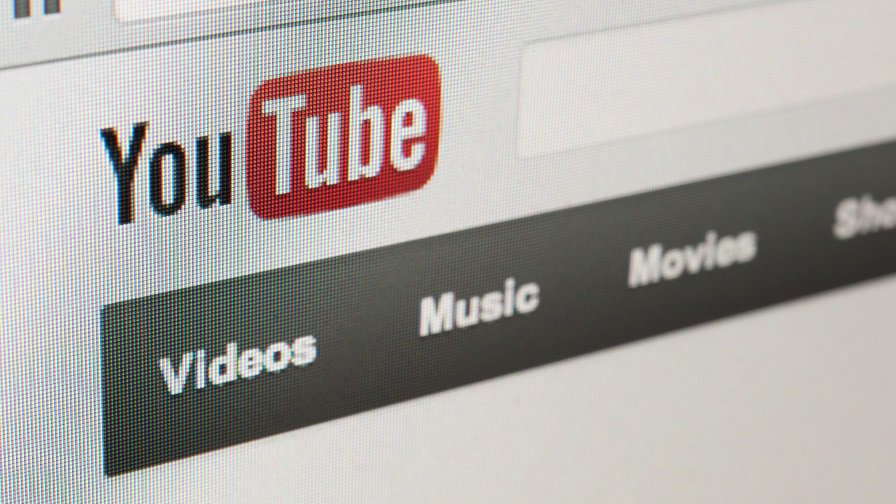In yet another blow for video-sharing giant YouTube, a further investigation by The Times has revealed more top household-name advertisers have been unwittingly sponsoring extremist videos.
Following the findings, organisations and brands including the Cabinet Office, the Guardian, Channel 4, Transport for London and the Financial Conduct Authority have all pulled their ads from YouTube.
The Times reported the videos included “rape apologists, anti-Semites and banned hate preachers,” posing an issue of ads appearing next to inappropriate content as well as driving funds for the creators of the videos. According to the paper, Google has been called to explain the issue to the government.
The Guardian’s chief executive, David Pemsel, expressed his concerns in a letter to Matt Brittin, Google’s EMEA business & operations president. Quoted in Business Insider UK, the message highlights it’s “vital” for the dominating ad giants like Google, DoubleClick and YouTube to maintain high standards when it comes to transparency and measures preventing ad misplacement and fraud.
“It is very clear that this is not the case at the moment,” Pemsel added.
Need for regulation
The announcement comes only a month after big brands including Thomson Reuters, Marie Curie and Mercedes-Benz stopped serving their ads programmatically in the light of The Times’ investigation revealing they had been inadvertently funding sites featuring terrorism, porn and hate through programmatic. This highlights the existing trust issue among advertisers when it comes to automated ad placement and brand safety.
Neil Eatson, CEO and founder of independent marketing tech consultancy Appraise Digital, believes the news call for tough third-party regulation in the industry as due to the volume of content online, advertising giants can’t always “get it right.”
“Instead, we’re in great need of a completely neutral body to moderate the industry, protecting advertisers, media agencies and consumers alike,” he added.
Who should lead the charge? According to Eatson, “definitely not Facebook, or Google,” but the group should be led by the IAB, “if not government too.”
Eatson suggests what agencies and brands should do now is work together to ensure those involved know exactly where the ads are being placed.
“The first step is to question everything in the technology stack, then take back ownership of the problem. A marketer armed with the correct knowledge and insights will always arrive at the right outcome for their business,” he concluded.

